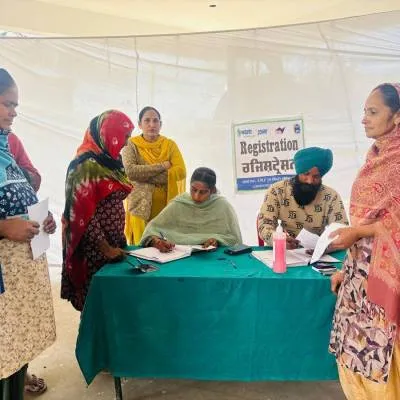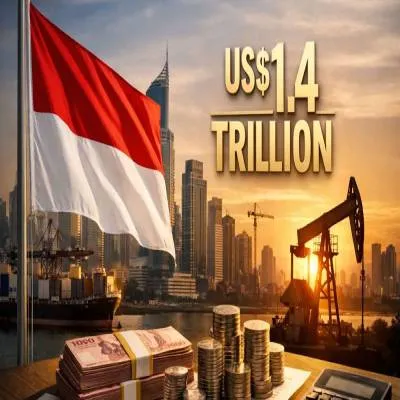Schedule a Call Back
ICRA: Amended InvIT, REIT regulations to widen investor base
2019-05-23

The Securities and Exchange Board of India (SEBI) had notified amendments to the regulations governing Infrastructure Investment Trusts (InvITs) and Real Estate Investment Trusts (REITs) in India. In ICRA?s opinion, the amended regulations are likely to result in increased penetration of these financial instruments.
The key change includes reduction of the minimum subscription from any investor for a publicly issued InvIT from Rs 1 million to Rs 0.1 million, and for publicly issued REITs from Rs 0.2 million to Rs 50,000. Similarly, the minimum trading lot for InvITs is reduced from Rs 0.5 million to Rs 0.1 million, and for REITs from Rs 0.1 million to Rs 50,000. This is expected to increase the reach of retail investors in such instruments. Current investment avenues for retail investors in income generating infrastructure and real estate projects are limited due to high minimum investment requirements for Alternate Investment Funds (AIFs) and other pooled funds. Listed InvITs and REITs can be a transparent and stable investment option for retail investors due to various regulatory stipulations.
The other key change is the increase in the leverage limit for InvITs from earlier 49 per cent of the InvIT?s assets to 70 per cent. This is subject to additional disclosure and compliance requirements including a minimum track record of six distributions on a continuous basis and a credit rating of AAA or equivalent for the consolidated debt.
According to Shubham Jain, Vice President and Group Head, Corporate Ratings, ICRA, ?The high credit ratings of InvITs also factored in the earlier regulatory cap of 49 per cent on the extent of leverage, which can be undertaken by an InvIT. Now, with the increase in permitted leverage that comfort will reduce. Nevertheless, the additional compliance requirements of maintenance of AAA rating and distribution track record does provide some comfort.?
In ICRA?s opinion, while an InvIT is now permitted to increase its leverage up to 70 per cent of its assets, at such a higher leverage, it would be difficult to meet the AAA rating benchmarks. At 70 per cent leverage, the total debt to net worth ratio will increase to 2.33 times compared to 0.96 times at 49 per cent leverage levels. With higher leverage, the debt service coverage ratio (DSCR), a key ratio for measuring the credit worthiness, would also be significantly lower, assuming other things remain same.
With higher leverage, the cushion for debt servicing will reduce, and hence, the stability of cash flows will become crucial to maintain the strong credit profile. InvITs with underlying assets such as annuity road projects, transmission projects with strong counterparty having stable revenue streams should be able to maintain their credit profile even with a higher leverage. On the other hand, InvIT with assets such as toll road projects, wherein the revenues are not fixed and dependent on various parameters impacting traffic and toll rates will require higher cushion to withstand volatility.
Jain added, ?Infrastructure assets with annuity income such as BOT annuity roads or transmission lines with strong counterparties and track record of operations get high ratings inspite of their high loan-to-value mainly due to the steady nature of their operations, and certainty of cash flows. Thus, InvIT having a portfolio of such assets can maintain strong credit worthiness even with the increased leverage of 70 per cent. Hence, importance of underlying assets quality of cash flows, and track record will become even more crucial for meeting the high rating benchmarks.?
Besides the aforementioned amendments, the SEBI has also introduced a separate framework for the privately placed unlisted InvITs, which limits the minimum investment by an investor at Rs 10 million, while leaving the number of investors, leverage, type of underlying assets at the discretion of the issuer or InvIT. Given that the investors in these privately placed InvITs will generally be large and sophisticated entities, they will be capable of understanding the risks involved and the restrictions on the leverage and underlying asset profile may not be required. Post this amendment, private InvITs will be able to increase leverage and take up higher under construction projects depending on the investor?s risk appetite.


Subscribe Now
Subscribe to our Newsletter & Stay updated
RECENT POSTS
Popular Tags
Folliow us










